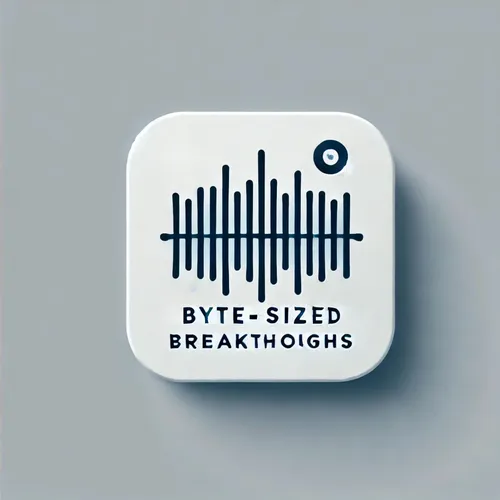Playing Atari with Deep Reinforcement Learning
- Author
- Arjun Srivastava
- Published
- Fri 02 Aug 2024
- Episode Link
- https://arjunsriva.com/podcast/podcasts/1312.5602/
The paper discusses the introduction of Deep Q-learning (DQN) in reinforcement learning to handle high-dimensional sensory inputs directly from raw data, specifically in playing Atari 2600 games. The approach utilizes a convolutional neural network (CNN) to estimate the action-value function and incorporates experience replay to address challenges of correlated data and non-stationary distributions in reinforcement learning.
The key takeaways for engineers/specialists from this paper are: 1. Deep Q-learning (DQN) with a convolutional neural network can successfully learn to control agents directly from high-dimensional sensory input 2. The combination of deep learning with reinforcement learning showcased human-level performance on Atari games, surpassing traditional methods and even expert human players. 3. The paper laid the foundation for developing more general, adaptable AI systems that can learn and adapt to various complex tasks.
Read full paper: https://arxiv.org/abs/1312.5602
Tags: Deep Learning, Reinforcement Learning, Artificial Intelligence
